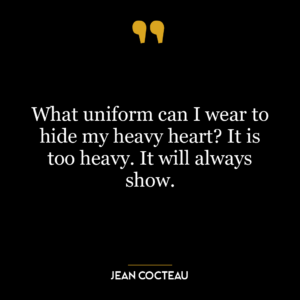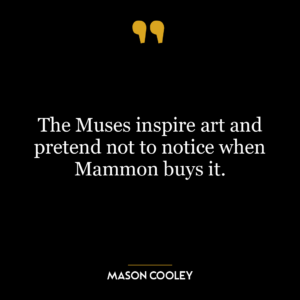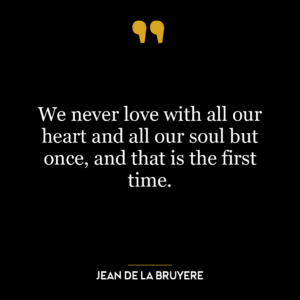This quote is a witty and insightful commentary on the subtleties of human behavior. It suggests that a yawn, while often considered impolite or a sign of boredom, is an authentic expression of one’s state of mind. It is an involuntary act that cannot be easily manipulated or controlled, hence it reveals the truth about the person’s feelings or thoughts at that particular moment.
In contrast, many social interactions are governed by norms of politeness and etiquette that often require us to hide or suppress our true feelings. We might smile and nod in a conversation that we find utterly boring, or we might feign interest in a topic that we have no real concern for. In these scenarios, we are essentially presenting a facade to conform to social expectations.
This quote can be applied in today’s world and personal development in numerous ways. In the era of social media, where people often present idealized versions of their lives, it serves as a reminder of the importance of authenticity. It teaches us that it is okay to not be interested in everything and to express our genuine feelings even if they might not align with societal expectations.
In terms of personal development, it encourages us to embrace our authentic selves and to not be afraid of expressing our true feelings. This doesn’t mean we should throw politeness out the window, but rather that we should strive for honesty and authenticity in our interactions. It’s about finding a balance between being respectful to others, but also staying true to ourselves.
Therefore, the quote could be seen as a call for authenticity, for the courage to express our true feelings and thoughts, even if they might be as mundane as a yawn. It’s a call to value honesty over pretense, even in a world that often seems to favor the latter.













